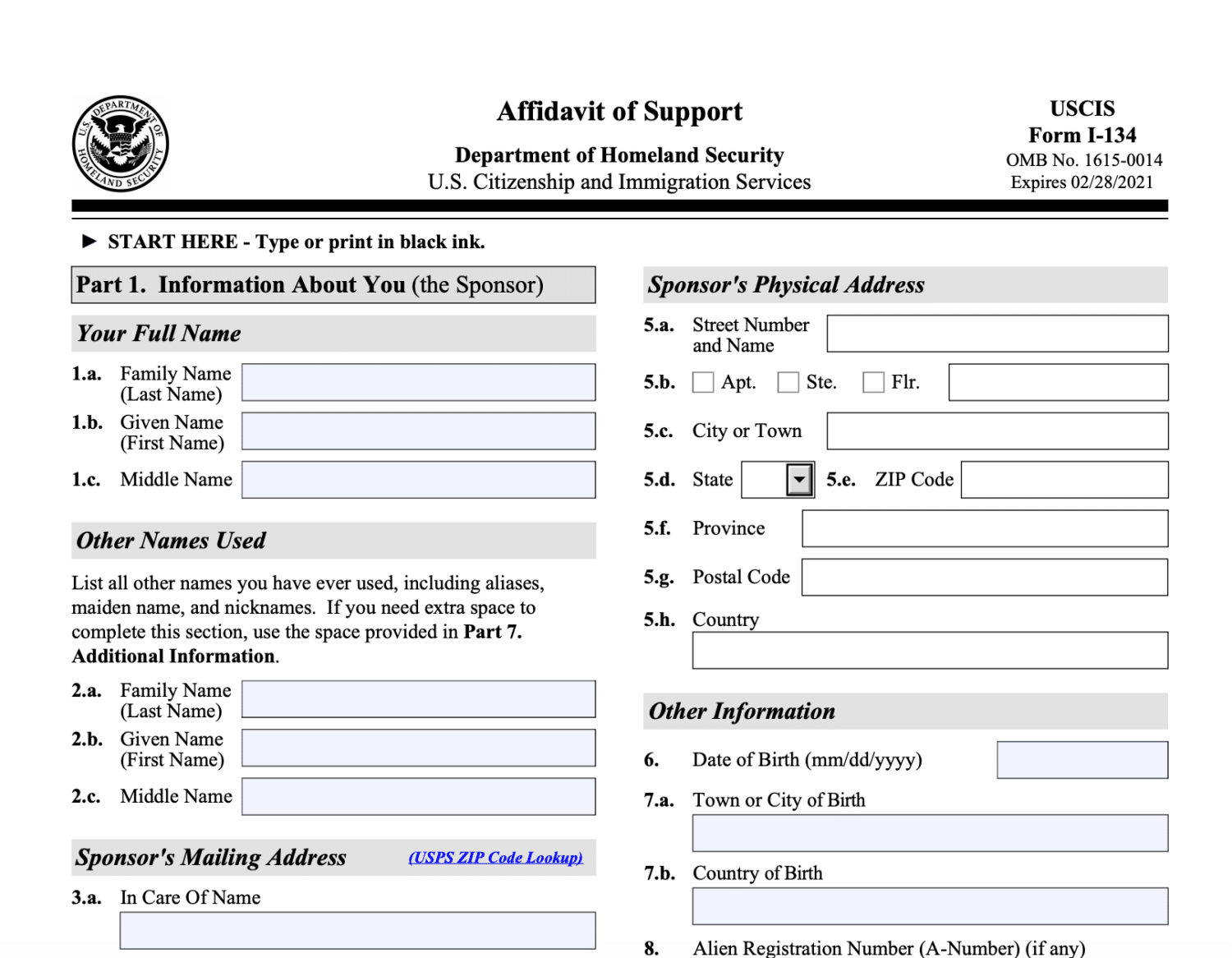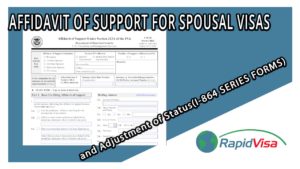In a disturbing memo issued by USCIS (PM-602-0163) on July 13, 2018, we were made aware of a new policy which will make it much easier for the Trump Administration to issue denials for legal immigration cases across the board (with the exception of DACA), including fiance visas, spousal visas, green card applications and more. According to the USCIS announcement, the new policy
"...provides guidance to USCIS adjudicators regarding their discretion to deny an application, petition, or request without first issuing a Request for Evidence (RFE) or Notice of Intent to Deny (NOID) when required initial evidence was not submitted or the evidence of record fails to establish eligibility."
Currently, if something is missing or incomplete in an application or petition, typically the applicant is issued an RFE, also known as a 'Request for Evidence". An example could be that you only included a short-form birth certificate, and they requested the long-form birth certificate. Or perhaps you forgot to include an old divorce decree from a previous marriage. The RFE process gives applicants another chance to rectify the situation by gathering the item up and sending it off to give adjudicators better information to make a decision on your case. This could be a thing of the past.
RFEs have always been fairly common, even in cases where all evidence was included. And as of 2018, the volume of and complexity of RFEs has drastically increased under the Trump Administration. We are now receiving RFEs for items that are being declared missing that were not missing - Items we have proof that they were included, being declared "missing". It's almost as if they're going out of their way to make the legal immigration process more difficult and painful than ever. Even though RapidVisa Premium Review customers get 3 people to review their petition before sending it to the USCIS, still about 1 out of 5 of these are now receiving RFEs. Some of the RFEs issued are asking for nothing that was initially required. Almost like each adjudicator is trying to meet a quota, even with perfect, pristine petitions and cases.
"This policy is intended to discourage frivolous or substantially incomplete filings used as “placeholder” filings and encourage applicants, petitioners, and requestors to be diligent in collecting and submitting required evidence. It is not intended to penalize filers for innocent mistakes or misunderstandings of evidentiary requirements."
While the USCIS states that the policy is not intended to play "gotcha" to applicants overlooking something, whether or not such RFEs are issued moving forward remains to be seen.
"This updated guidance is effective September 11, 2018..."
When this new policy is rolled out later this year, you can expect an increased frequency of denials. We are unsure at this point if they will issue denials based on the true requirements of the case, or based on the types of criteria they're issuing RFEs for currently. We will continue to watch the situation and bring you more as it becomes available. The best you can do is if you're considering filing for a benefit soon, get it in now, well before September and make sure nothing is missing from your case and you have your paperwork completely together.


